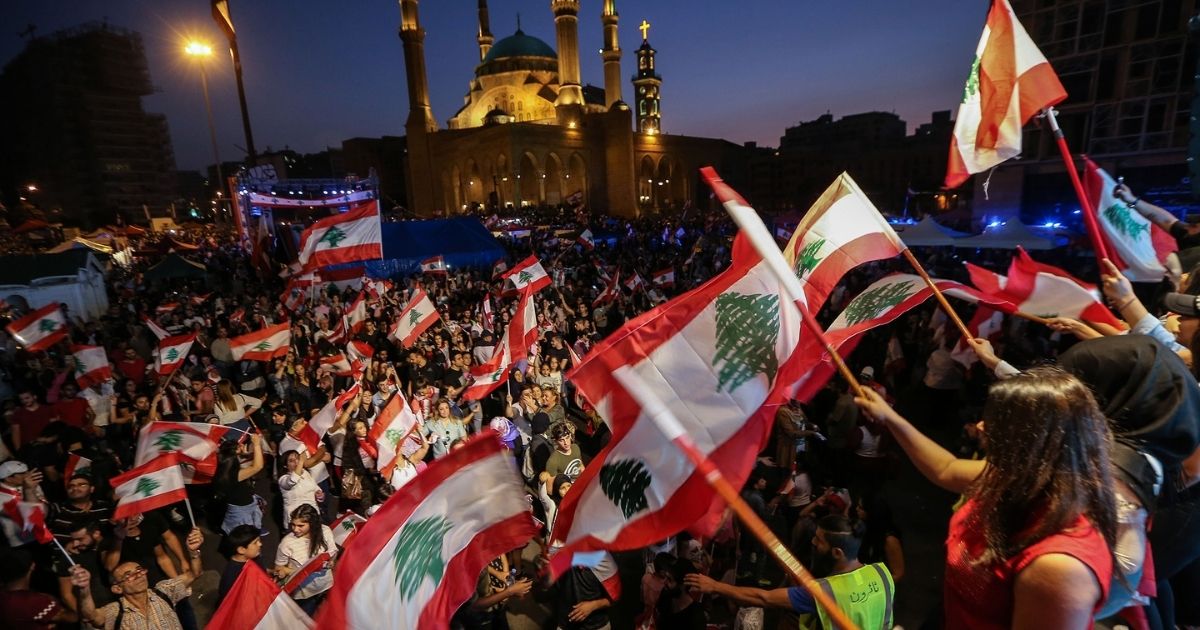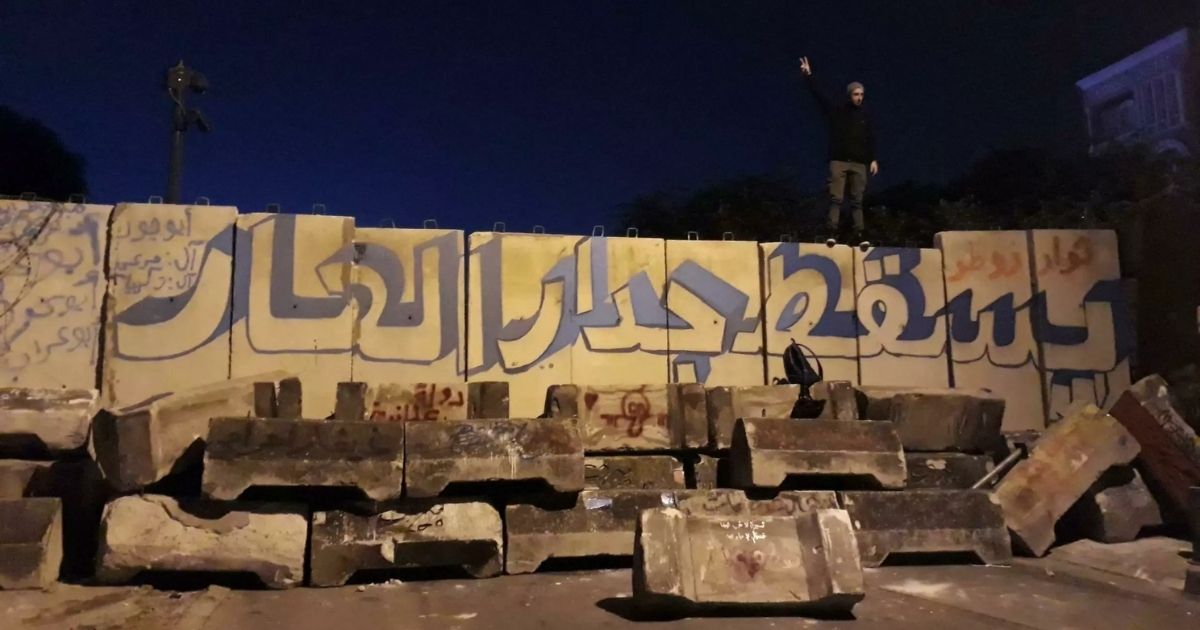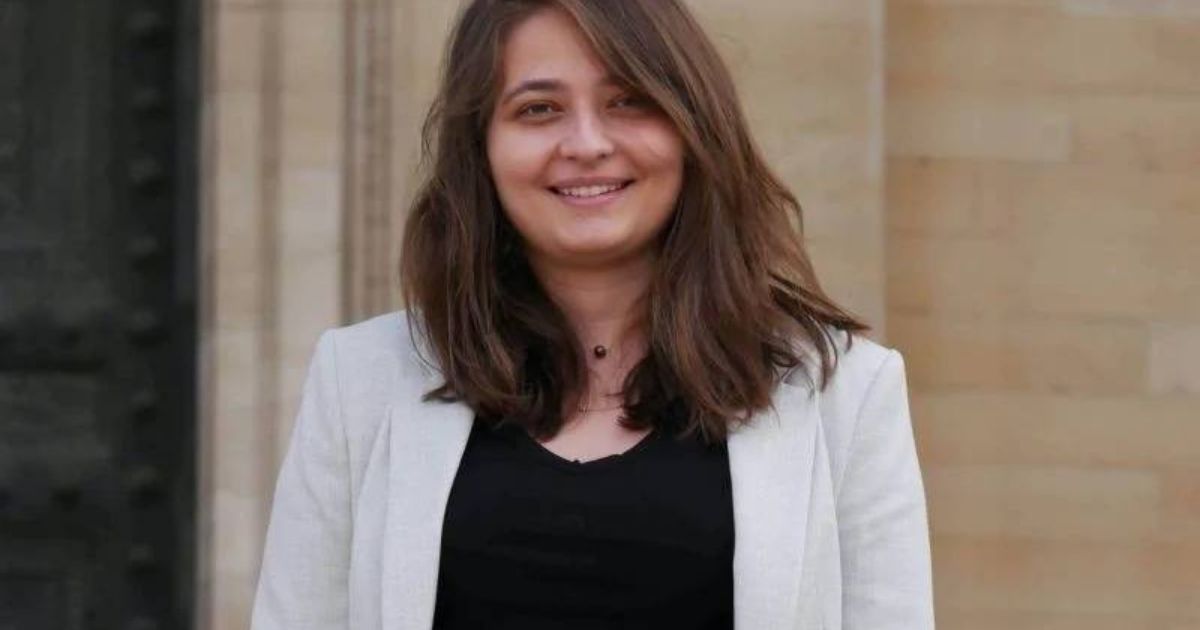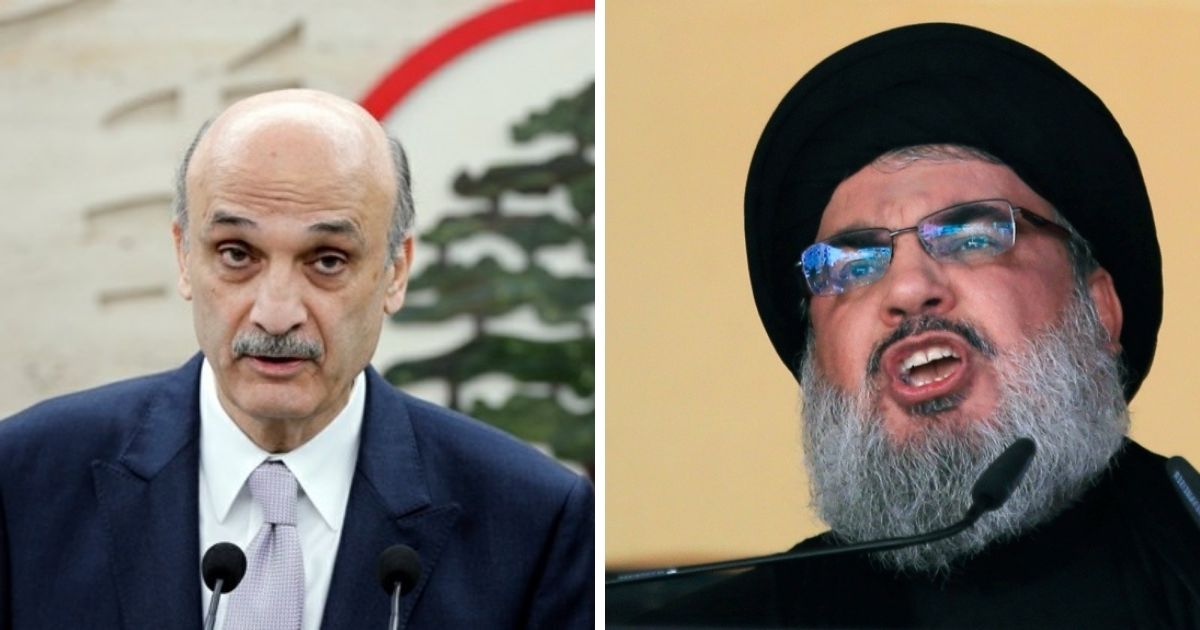During her recent appearance on MTV’s political program “Sar El Waqet” (It’s About Time), former Interior Minister Raya El-Hassan caught everyone off guard when she gave an unanticipated response to a question from the audience.
The questioner asked El-Hassan to explain why a group of masked individuals, presumed by him to be Internal Security Forces officers, were hurling stones at the protesters from the rooftop of the parliament building.
Instead of dodging the question, as one would expect when presuming that the ninjas were indeed ISF, she casually replied: “[Those are] not affiliated with us.”
It begs the question, though, of how can a government allow itself to have no control over the armed forces of its parliament.
The real surprise was what the former minister of defense revealed afterward when the TV host Marcel Ghanem asked her about the affiliation of these elements, using a sarcastic tone of someone not expecting a proper answer.
“They’re Parliament Police!” she exclaimed, conjuring up a round of applause and causing Ghanem to spring up from his seat in shock.
Raya El-Hassan said during the talk that her conscience was at ease in regard to handling the protests. “I was able, with all my strength, conscience, and fatigue to address this difficult stage.”
She admitted: “Mistakes did occur, and I say that not to justify but to be truthful.” She then elaborated by explaining that, since the first day of the revolution, “our instructions were clear not to use violence against peaceful demonstrators.”
To support her position, El-Hassan reminded people of what had happened at the Ring Bridge during ‘clashes’ between the peaceful protesters and anti-protest partisans in the early days of the uprising.
“[Security forces] stood an impenetrable barrier between the revolutionaries and the other street,” she said. To clarify, that infamous episode is related to political partisans attacking violently the protesters during a peaceful sit-in.
She further defended the ISF by saying, “I don’t know why some people consider the security forces to be ‘Azrael’ while cheering for the army when methods of action [of both] were similar.”
The pertinent question here would then be: Who are the ones shooting rubber bullets directly at the protesters’ faces and chests?
Raya El-Hassan’s unorthodox concessions during that interview came after officially leaving office, as a result of the recent formation of the new government by Prime Minister Hassan Diab.
Today, the attention has been averted to her replacement; the new Lebanese Minister of Interior, Mohammad Fahmi.
How the new minister will go about dealing with the protests may manifest sooner than later – as soon as today, in fact – because protests are live and escalating in Central Beirut at the time of writing.

















